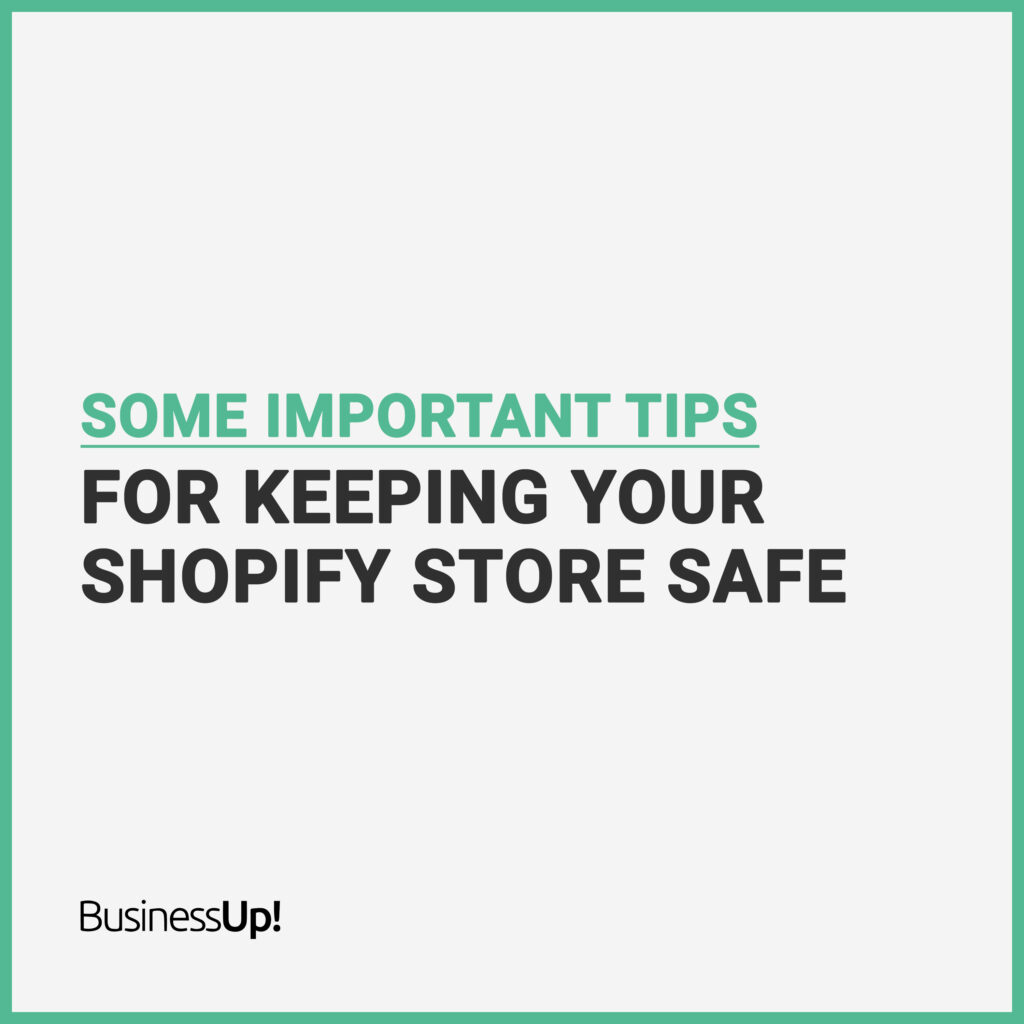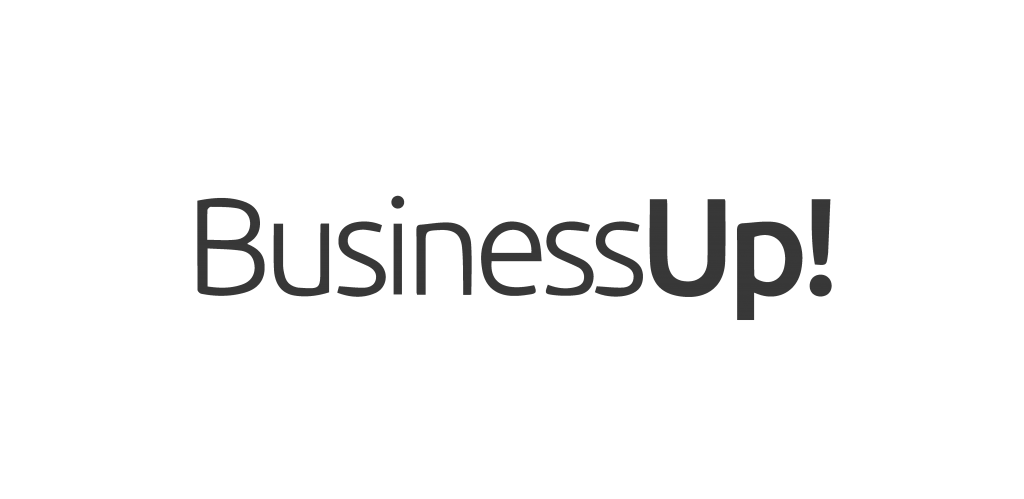
jQuery(".blogBaslik .elementor-heading-title").html(jQuery('.entry-title').html());
Cloud services like Shopify offer a great way to set up a store without the burden of software maintenance and updates. However, store owners must ensure that they provide a high level of security for their stores. Even tech CEOs need to make sure your store is as secure as possible when their online accounts are hacked. Here are some important tips to make your Shopify website more secure;
Two-Factor Authentication
The first way to secure your Shopify store is to use two-factor authentication, a security feature that’s basically an extra “layer” of security to prevent hackers. Your first measure of authentication is your basic username and password, while the second layer is something exclusive to store owners and only they can know. Typically this is a random code generated by your mobile phone that only you can access. Add this second authentication factor and your store will have much higher protection against hackers.
TLS Certificate
TLS, or Transport Layer Security, enhances the network security between client and server to transmit encrypted messages and ensure a reliable connection. TLS security prevents malicious fraud between the web browser and the client and ensures data integrity by transmitting it over a secure medium without any potential loss. If your store manages credit card transactions, TLS provides additional security to the user’s financial data.
All domains receive free TLS certificates on Shopify. In the following cases, a TLS certificate is automatically issued. All assets are hosted on the .myshopify.com domain in Shopify. When you buy a new domain on Shopify or transfer an existing one to Shopify. You can automatically get a TLS certificate when you connect your third-party domain to Shopify by changing the A record and CNAME record and pointing it to Shopify. It may take up to 48 hours for changes to take effect and issue a TLS certificate.
Audit staff leave
When staff members change or their roles change, their access permissions need to change as well. Whether you’re managing products, processing orders, or accessing customer details, double check to make sure only authorized people still have their session. You can also set permission levels so team members can access certain areas – for example, they can access content management tools but not customer or financial information.
Back Up Your Store Regularly
If you host your store on a Cloud-based platform, is it safe to delete anything in your store? The answer is No, absolutely No.
Many Shopify store owners believe that they can retrieve a removed product from their store as it is in the Cloud. In fact, if you delete a product from your Shopify store, the product is gone forever.
On top of that, even if you can export the product data backup to CSV files, it’s impossible to create a CSV file of product images when an item is removed. This is because all images are deleted along with the products.
That’s why you should back up your store regularly to avoid “mistakes” when you accidentally delete your products.
If you’re too busy to manually create a backup, you can rely on Shopify data backup apps. They allow you to schedule automatic backups or send alerts to let you know when something goes wrong.
Enforce Code Management Standards
Shopify provides a set of tutorials on using the theme editor, and some “starter tips” worth checking out for any merchants considering directly changing the theme code. However, vendors who plan to “take it seriously” about changing their theme’s code should consider using some code management standards. Most importantly, you’ll want to explore the use of a version control system like Git and possibly a native command line tool like Theme Kit. At the very least, creating regular backups of your theme and restricting access to who actually touches any theme code is a good foundation to avoid problems with your theme.
Paylaş
Having Difficulty
Growing Your Brand?
Fill the form,
Let's see the result together.
Get a FREE
Brand Check-Up
